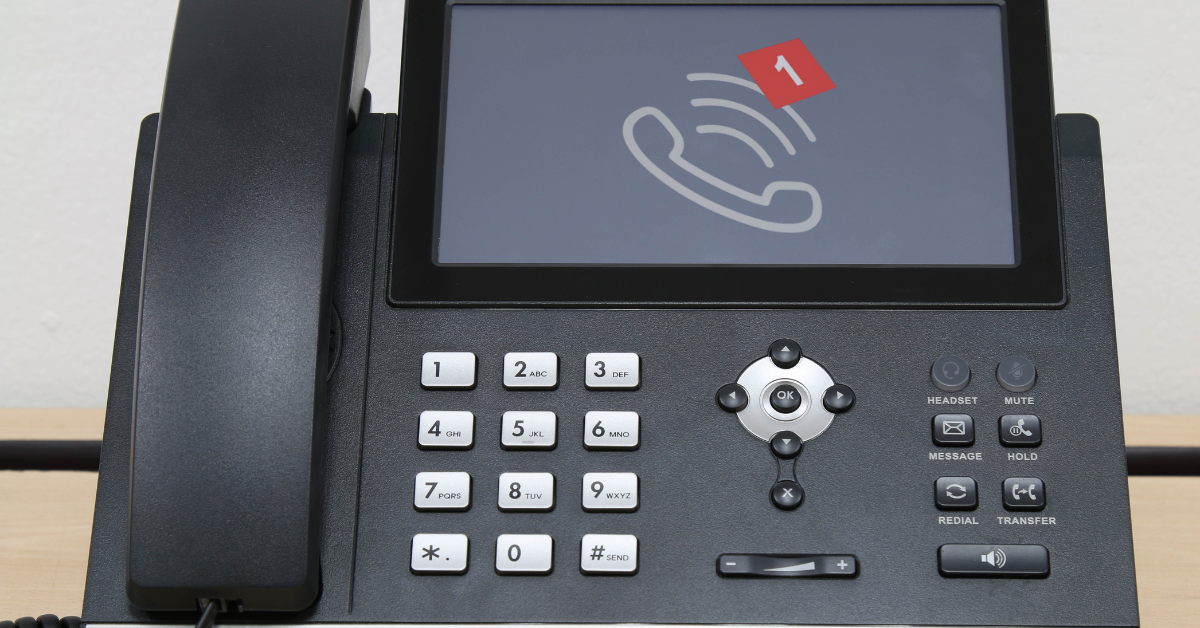When dental teams think about lost revenue, the blame often falls on cancelations, no-shows or unfilled chair time. But there’s another hidden culprit behind significant financial loss: missed phone calls.
It’s easy to underestimate the power of a missed phone call, especially with many offices leaning into online booking methods in recent years. But studies show that the majority of missed calls in dental practices are related to appointment bookings – not just general inquiries. Whether that’s new patients calling to book, existing patients confirming treatment or returning patients scheduling their next hygiene visit, every missed call is a missed opportunity.
Consider this:
- Research suggests that one in three calls to dental offices go unanswered during busy hours.
- Nearly 80% of missed calls in a dental office relate to appointment scheduling.
- Only about 14% of new patients leave a voicemail if their call isn’t answered.
Understanding the importance the phone holds in revenue gains or losses can be key to success.
Why calls are missed
Dental front offices juggle a lot – checking in patients, processing insurance, handling check outs and managing a never-ending flow of questions. According to the American Dental Association, offices can receive up to 50 daily calls. So naturally, even the smoothest operating desk teams can struggle to catch every incoming call (and maintain patience during each one). Some of the most common causes include:
- Staff being tied up with in-person patients.
- Limited phone coverage during specific time windows (like lunch or after hours).
- High call volume during seasonal rushes.
Solutions to reduce missed calls
The good news is practices can take simple steps to capture more calls!
- Use call tracking tools to identify how many calls are missed and when.
- Set up overflow call handling or after-hours answering services.
- Implement follow-up systems. Providing alternative contact methods for patients to reach your office if their call is missed, such as an automated email or text message informing them that their call was documented and someone will contact them soon, allows for the feel of an interim answer. Above all else, ensuring missed calls are properly followed up on is essential to developing and maintaining a patient base.
The bottom line: Even small improvements in call management can make a measurable impact on your revenue. While missing calls in such a fast-paced environment is inevitable, recognizing the power of answering the phone can help protect your practice’s profitability, strengthen it’s reputation and patient relationships and keep chairs filled.

